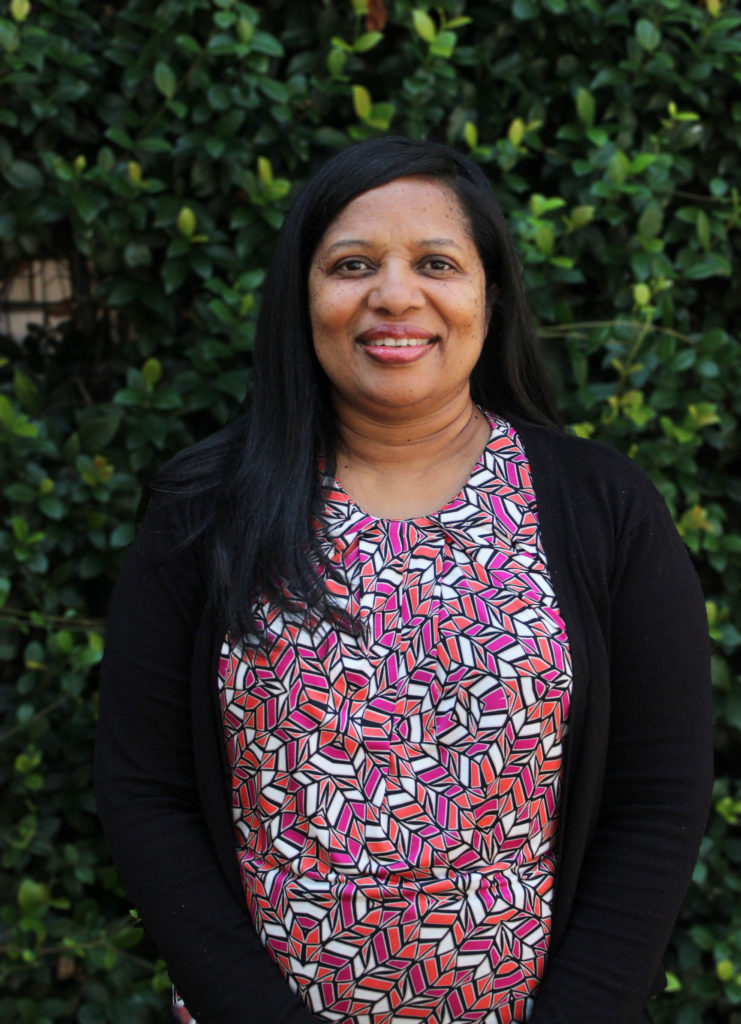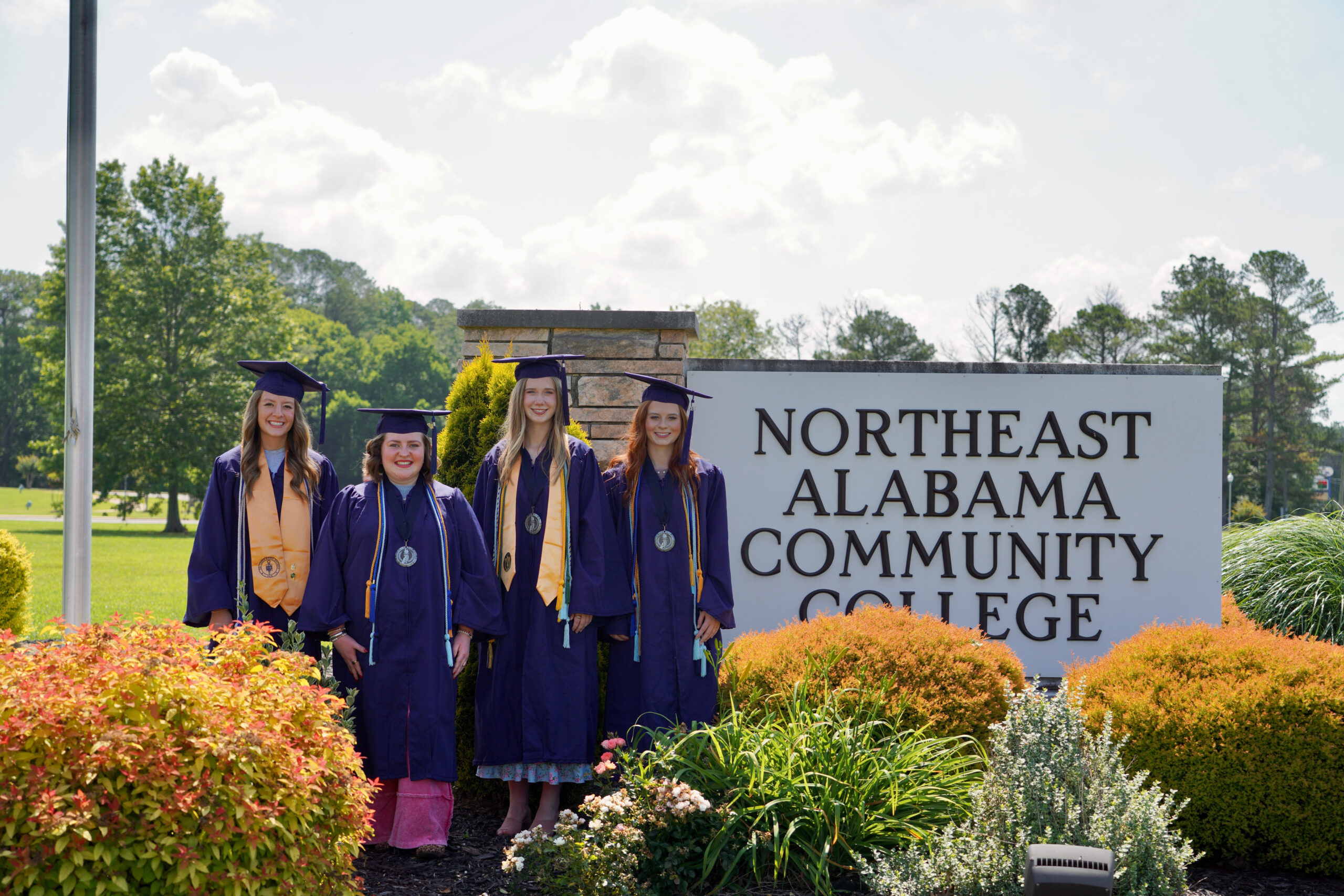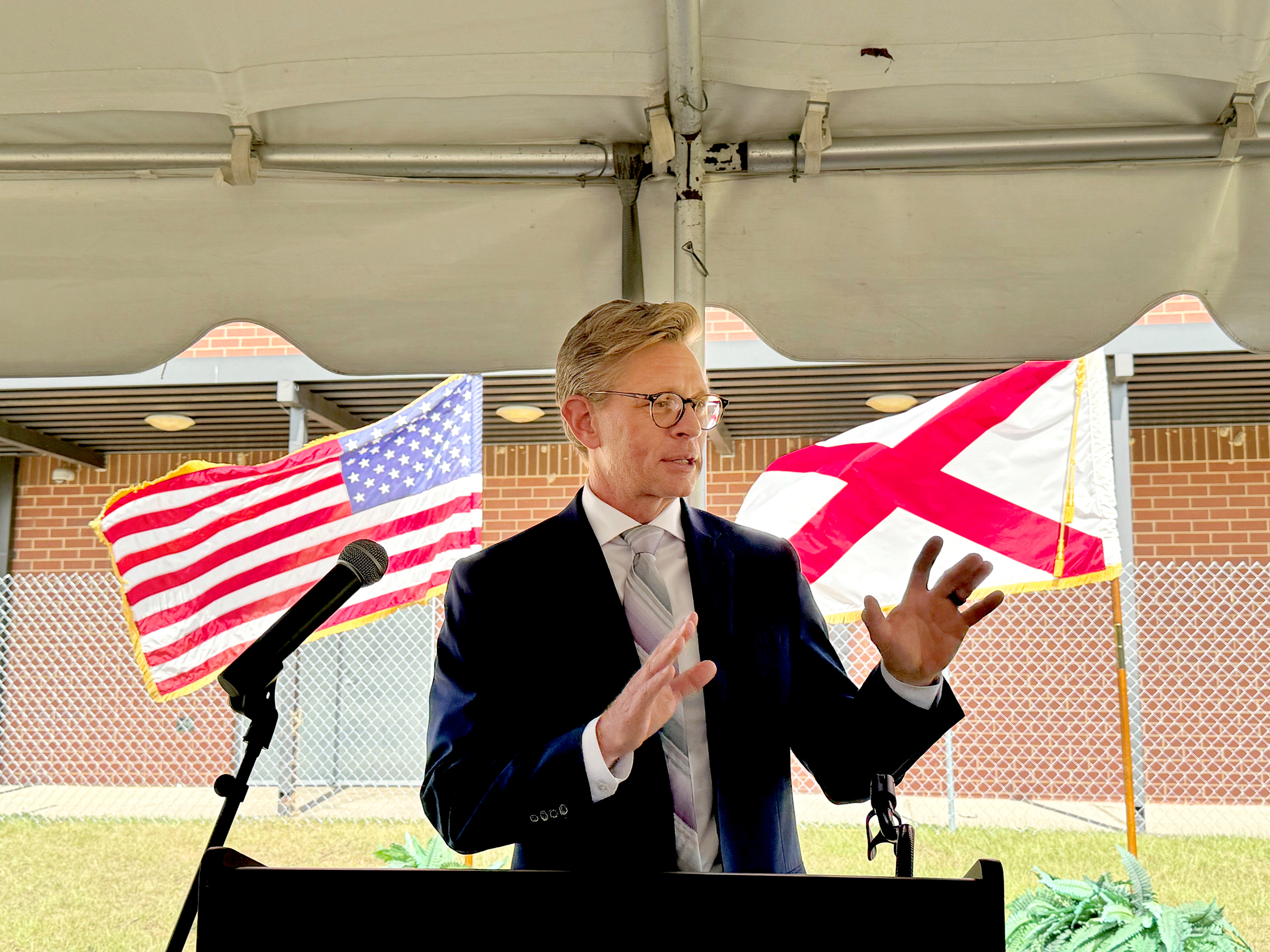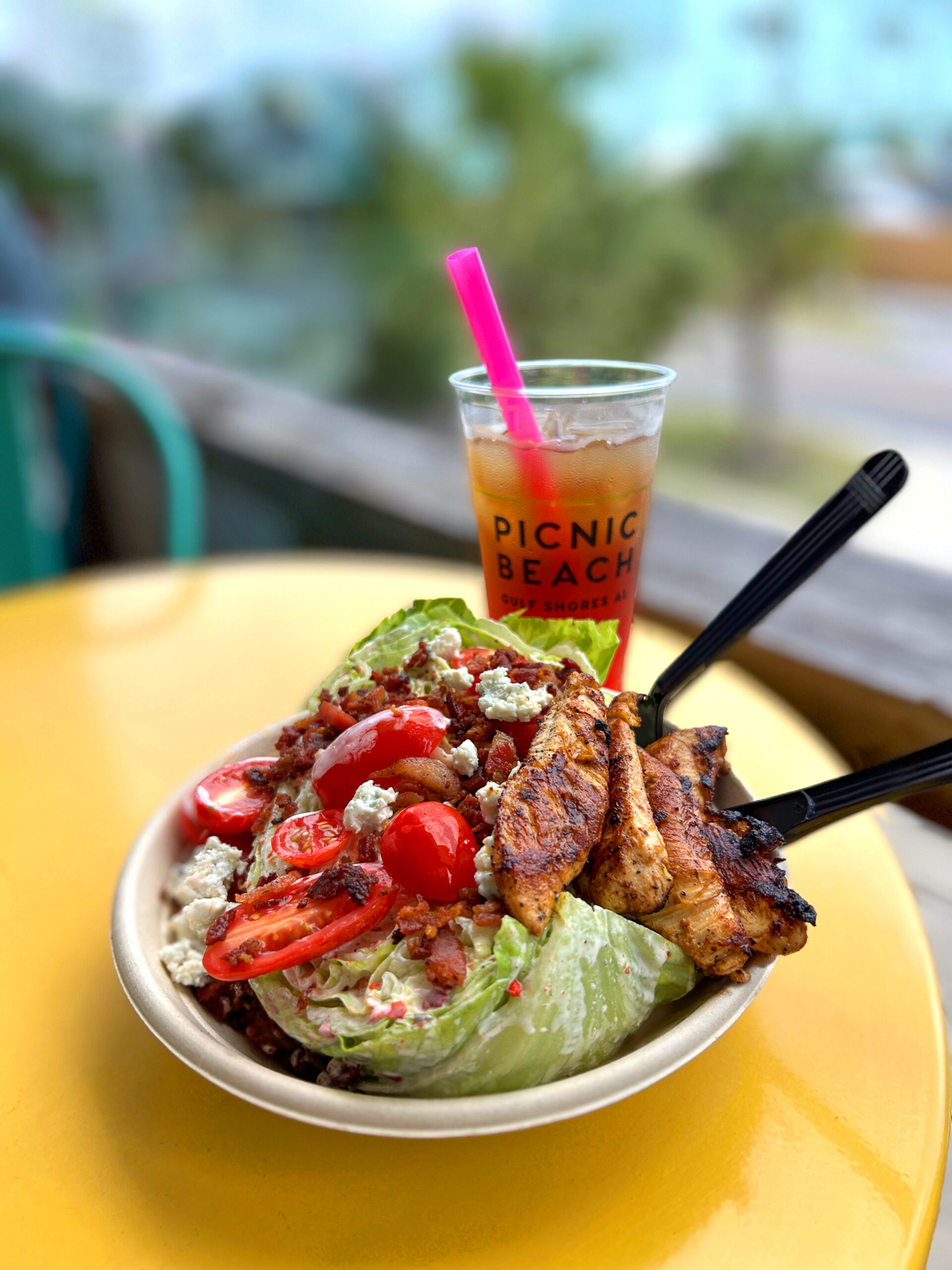Educator, poet, essayist, sharer

Jacqueline Allen Trimble, an award-winning poet and educator, understands the power of language. It’s integral to her work as a professor of English and chair of Languages and Literatures at Alabama State University. It’s what she uses to wrap her head and heart around the world and to channel her innate wit, humor and sense of irony into works of poetry, fiction, essay, television shows and scholarly articles. Trimble, who was a 2017 Alabama State Council on the Arts literary arts fellow, also understands the importance of supporting other writers, which she does through her volunteer work with the Alabama Writers’ Forum and other literary organizations. She recently took a break from working on her latest collection of poems and a new television project she’s developing to talk about the importance of literature to her and to society. — Katie Jackson
When did you first know you were a poet?
I’m not sure I know I’m a poet yet; there is still so much I have to learn. Fiction was actually my first love as a writer. I devoured novels and short stories, and I wrote stories. But I gravitated toward poetry. I think it was the immediacy of poetry, that connection between sound and sense, or seeing how much you could say in three words rather than three hundred. Plus, poetry is such a fluid genre. I can do anything with it — prose, conversation, narrative. It appeals to my desire not to be constrained by a particular form.
What does writing do for you personally?
Writing helps me figure out a world that doesn’t make sense to me. My poetry is full of questions. I don’t always know what the answers are, but I think it is important to explore the questions. Writing also helps me deploy my sense of irony, which can be rather sardonic.
What’s it like writing across such a range of genres?
I’m not wedded to genres. They are made-up categories, and they are all just different formats for communicating ideas. All writing is about communicating an idea or structure or feeling. All writing incorporates play. I love writing across genres, and I plan to do more of it. Plus, each project — poetry, television, fiction, critical essay — feeds all the others. It’s very freeing.
How has your personal experience as a black woman growing up and living in Alabama informed your writing?
Oh my! Everything I write comes out of my experience of being black and female in Alabama. More and more I realize the truth of this statement. When I wrote an essay for the anthology Southern Writers on Writing, I realized how much I was influenced by so many things: my mother and I making up words when I was a kid, the sound of gossip in the beauty shop, my mother’s friends telling stories while they played Pokeno, grownups discussing politics and strategies of revolution — it all undergirds my writing. The other thing is Alabama is such fertile ground for material because it’s a state of contrasts; a representation of the ironic in American history. Any place that has the White House of the Confederacy and the Civil Rights Memorial on the same street is a writer’s gold mine. The irony of the place is in its DNA, and in its geography. Plus, my experiences here have been so strange, there’s endless material.
How do teaching and writing work together for you? Teaching, for me, is about learning new things. Perpetual curiosity is necessary to be a good teacher. As soon as you think you know, you are done. I try to instill in my students a desire to question — question me, question the text, question everything. Only through asking questions can we discover. Writing requires the same of us, to be curious about the world, to ask questions, to learn.
Can the literary arts — and arts in general — help us navigate today’s challenging times?
Yes. I don’t know what I would do without art. Art is our response to chaos. It’s our outlet for frustration and joy and heartbreak. It’s a way of ordering our thoughts and our environment. It gives us a kind of control that we don’t really have.
Why are you so involved with and supportive of Alabama’s literary community?
Even though it seems as if writing is a solitary act, writing actually takes place in community. Writers (and other artists) need the support and encouragement of other writers. I want to be there for others because so many people have been there for me. Look, I am a teacher at heart. That’s my legacy, so it comes naturally to me to share what I have learned with others.
How can others support the literary world?
Go to readings. Buy books. Buy books and leave positive reviews on Goodreads and Amazon. Support your local, independent bookstore.




